Keeping a healthy weight is a typical objective for many people in today’s fast-paced environment. While exercise plays a crucial role, nutrition is equally important, if not more, when it comes to shedding those extra pounds. In this comprehensive guide, we’ll delve into the world of healthy foods for weight loss, exploring the top choices that can help you reach your goals effectively and sustainably.
Before diving into specific foods, it’s essential to understand the principles of a healthy diet for weight loss. We’ll discuss the importance of balance, moderation, and portion control. Additionally, we’ll explore how to create a calorie deficit while still meeting your nutritional needs.
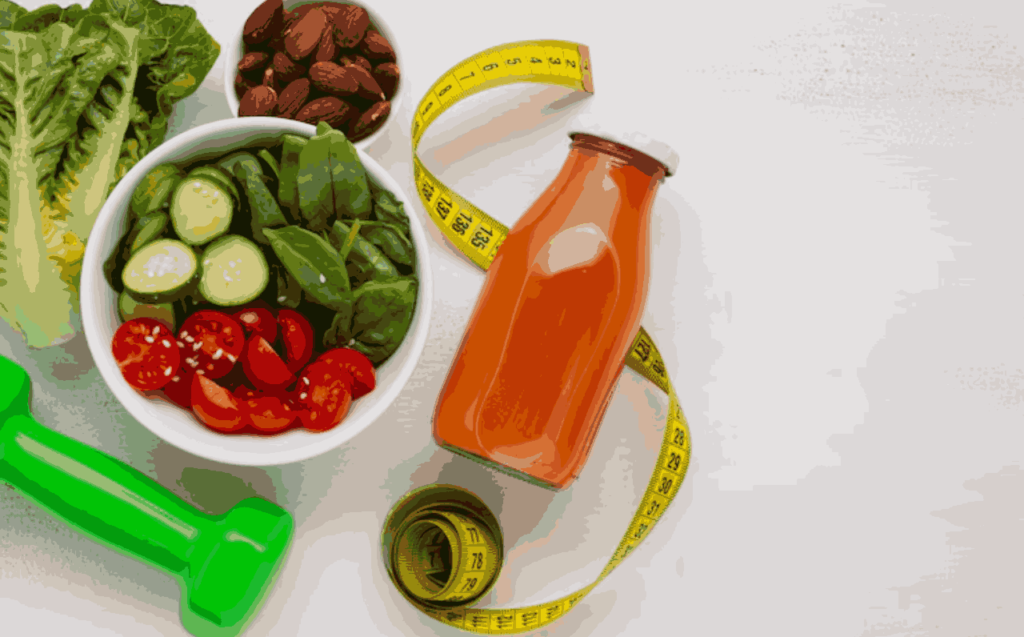
Nutrient-Dense Vegetables for weight loss:
Vegetables are a cornerstone of any healthy diet, especially for weight loss. In this chapter, we’ll highlight the most nutrient-dense vegetables and explore creative ways to incorporate them into your meals. From leafy greens like spinach and kale to cruciferous vegetables like broccoli and cauliflower, we’ll showcase the variety of options available to you.
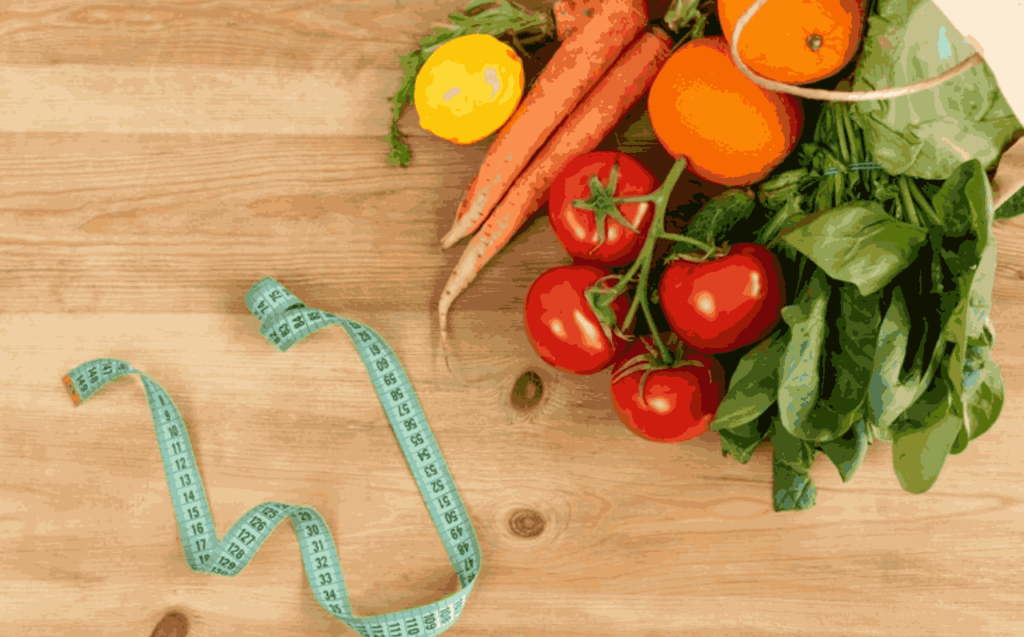
Lean Proteins for Satiety and Muscle Maintenance:
Protein is essential for weight loss as it helps keep you full and supports muscle maintenance. We’ll discuss the importance of choosing lean protein sources such as chicken breast, turkey, fish, tofu, and legumes. Additionally, we’ll explore the role of protein in regulating hunger hormones and promoting fat loss.
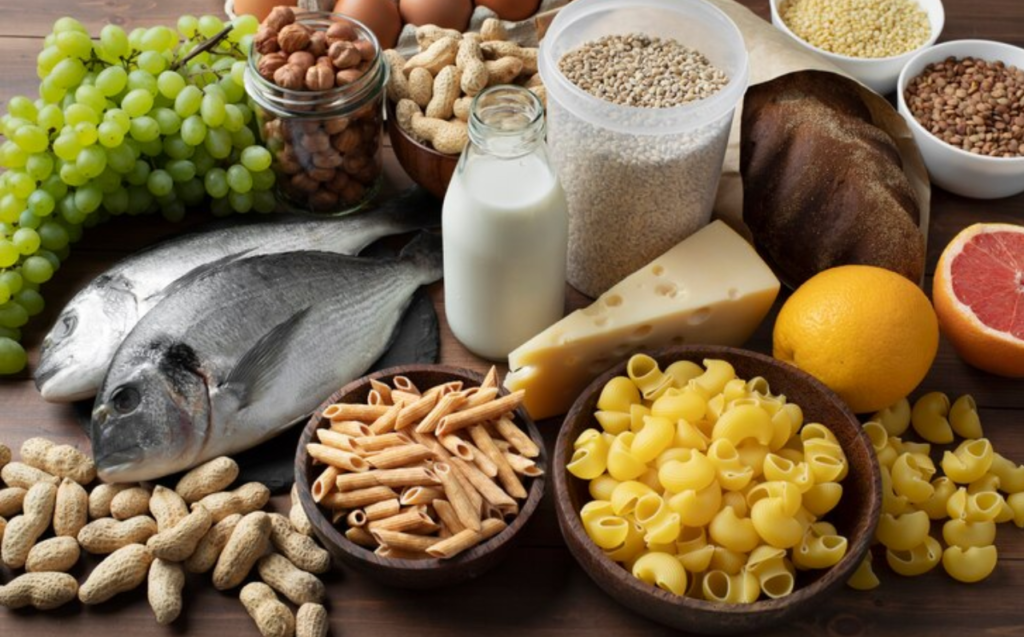
Fiber-Rich Fruits for Sweet Satisfaction:
Fruits are high in vitamins, minerals, and fiber in addition to their inherent sugar content. In this chapter, we’ll highlight fruits that are lower in sugar content, such as berries, apples, pears, and oranges. We’ll discuss how fiber aids in digestion, promotes satiety, and regulates blood sugar levels.
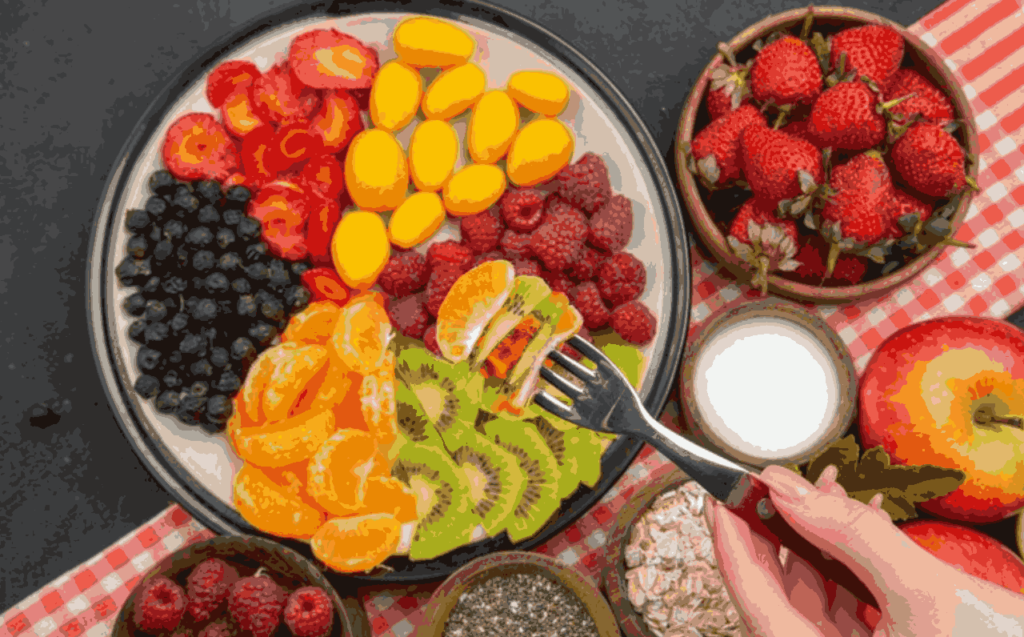
Fiber-Rich Grains for weight loss:
Complex carbs, fiber, and important nutrients are all found in abundance in whole grains. We’ll explore the benefits of choosing whole grain options like quinoa, brown rice, oats, barley, and whole wheat products. Additionally, we’ll discuss how whole grains can help stabilize blood sugar levels and prevent cravings.
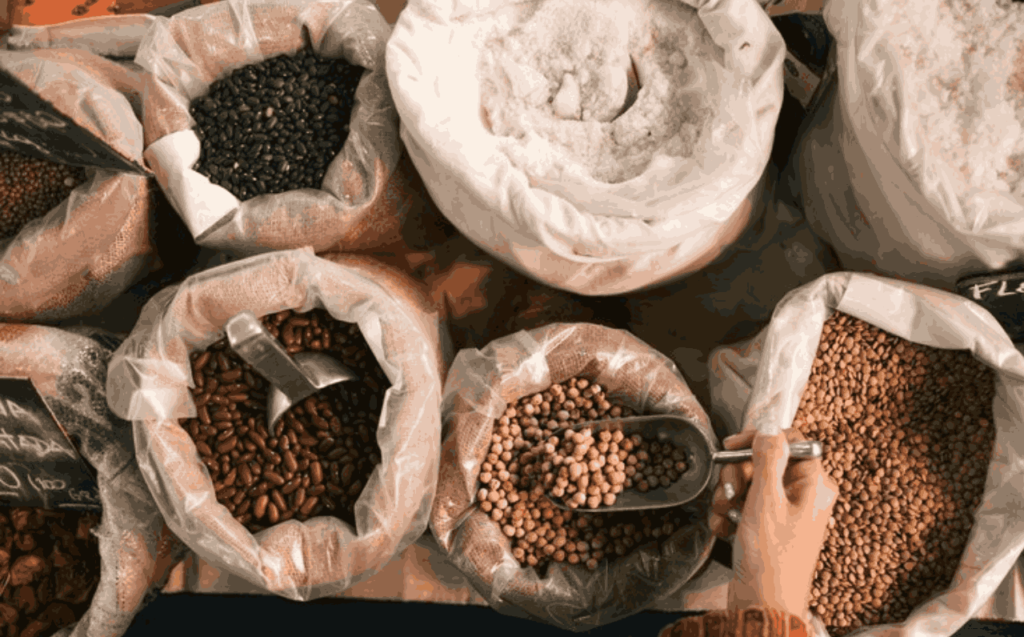
Healthy Fats for Flavor and Fullness in weight loss:
Contrary to popular belief, fats are an essential part of a healthy diet, especially for weight loss. We’ll highlight sources of healthy fats such as avocados, nuts, seeds, and olive oil. We’ll discuss how fats promote satiety, support hormone production, and improve nutrient absorption.
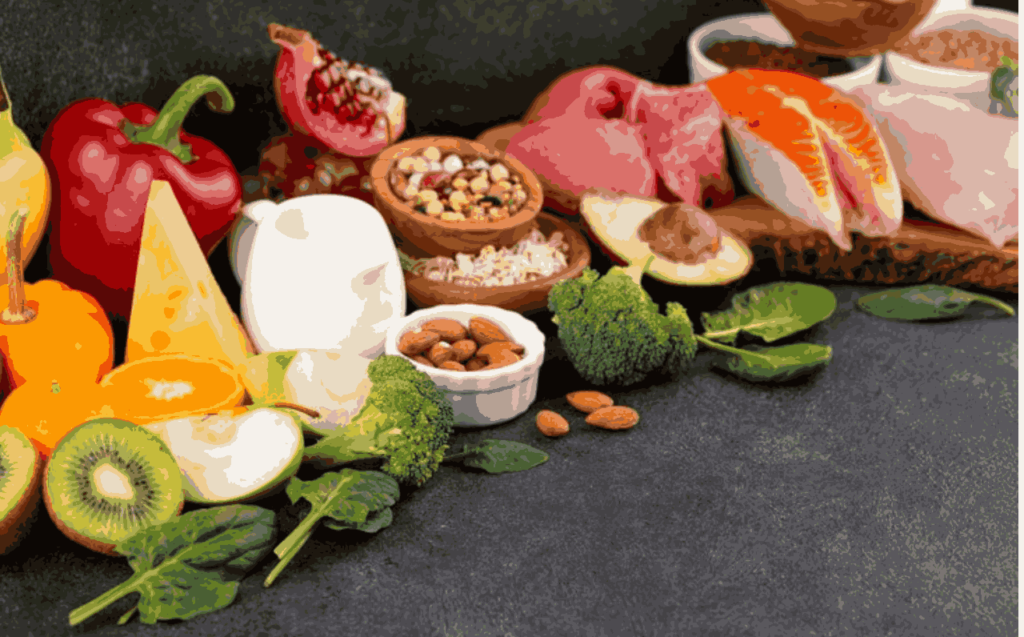
The Power of Protein-Rich Dairy in weight loss:
Dairy products can be a valuable source of protein, calcium, and other essential nutrients. We’ll explore the benefits of including protein-rich dairy options like Greek yogurt, cottage cheese, and milk in your diet. Additionally, we’ll discuss how dairy products can aid in weight loss and promote bone health.
Incorporating Eggs for Protein and Nutrients:
Eggs are a nutritional powerhouse, rich in high-quality protein, vitamins, and minerals. We’ll discuss the benefits of incorporating eggs into your diet for weight loss. From omelets and frittatas to hard-boiled eggs and egg salads, we’ll explore delicious ways to enjoy this versatile ingredient.

Legumes such as beans, lentils, and chickpeas are not only affordable and versatile but also packed with fiber and protein. We’ll highlight the benefits of including legumes in your weight loss diet and provide creative recipe ideas to help you incorporate them into your meals.
Hydration for weight loss:
Staying hydrated is crucial for overall health and weight loss success. We’ll discuss the importance of drinking water throughout the day and explore other hydrating options like herbal teas and infused water. Additionally, we’ll touch on the role of mindful eating, portion control, and regular physical activity in achieving and maintaining a healthy weight.

Limit processed foods to loose weight:
Minimize consumption of processed foods high in added sugars, sodium, and unhealthy fats. Instead, focus on whole, minimally processed foods as much as possible.
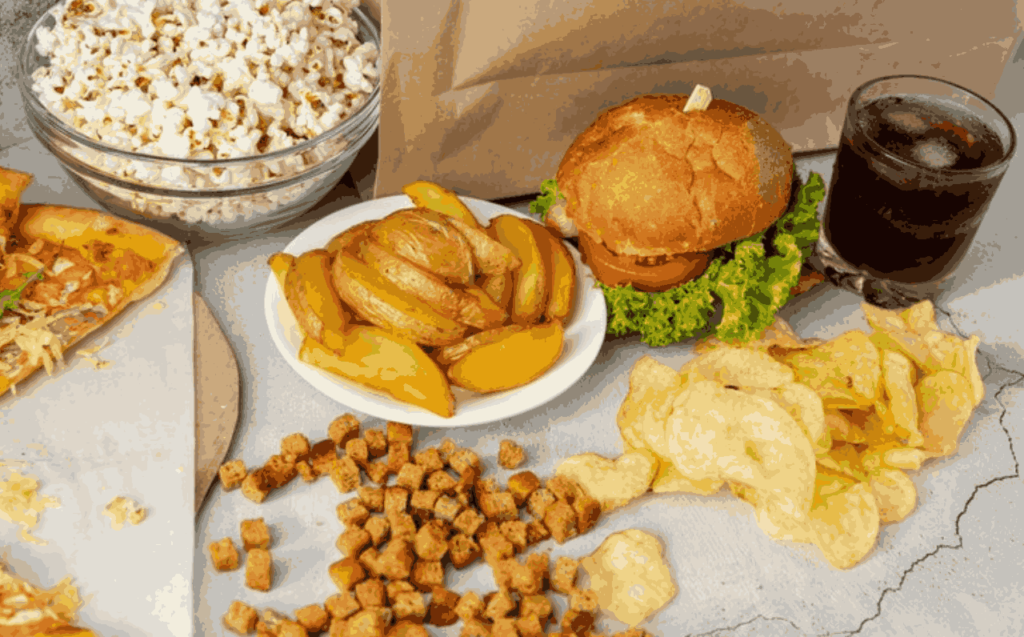
Conclusion:
In conclusion, achieving weight loss and maintaining a healthy lifestyle requires a combination of nutritious foods, portion control, and lifestyle habits. By incorporating the foods outlined in this guide into your diet and making sustainable changes to your eating patterns, you can achieve your weight loss goals and enjoy long-term success. Remember to consult with a healthcare professional or registered dietitian before making any significant changes to your diet or exercise routine.
You can also read:

